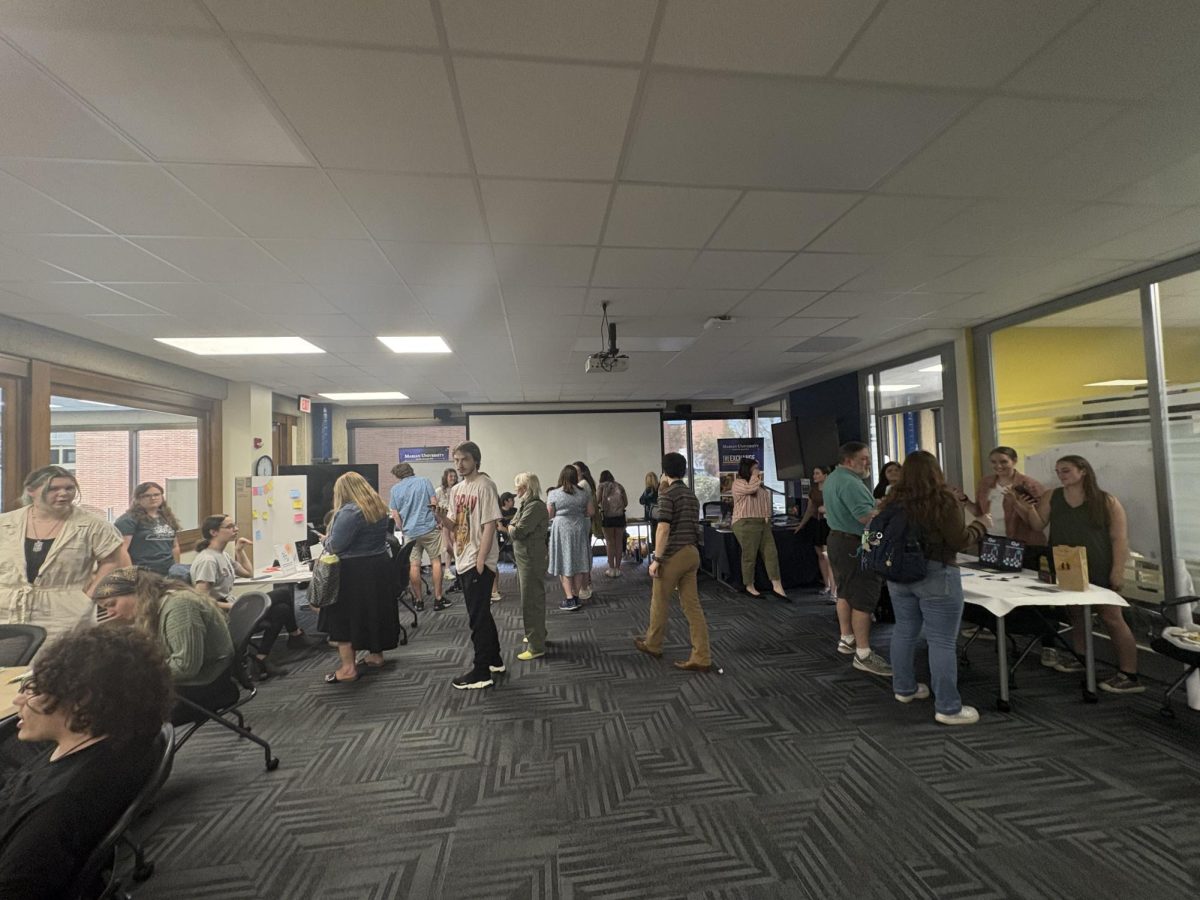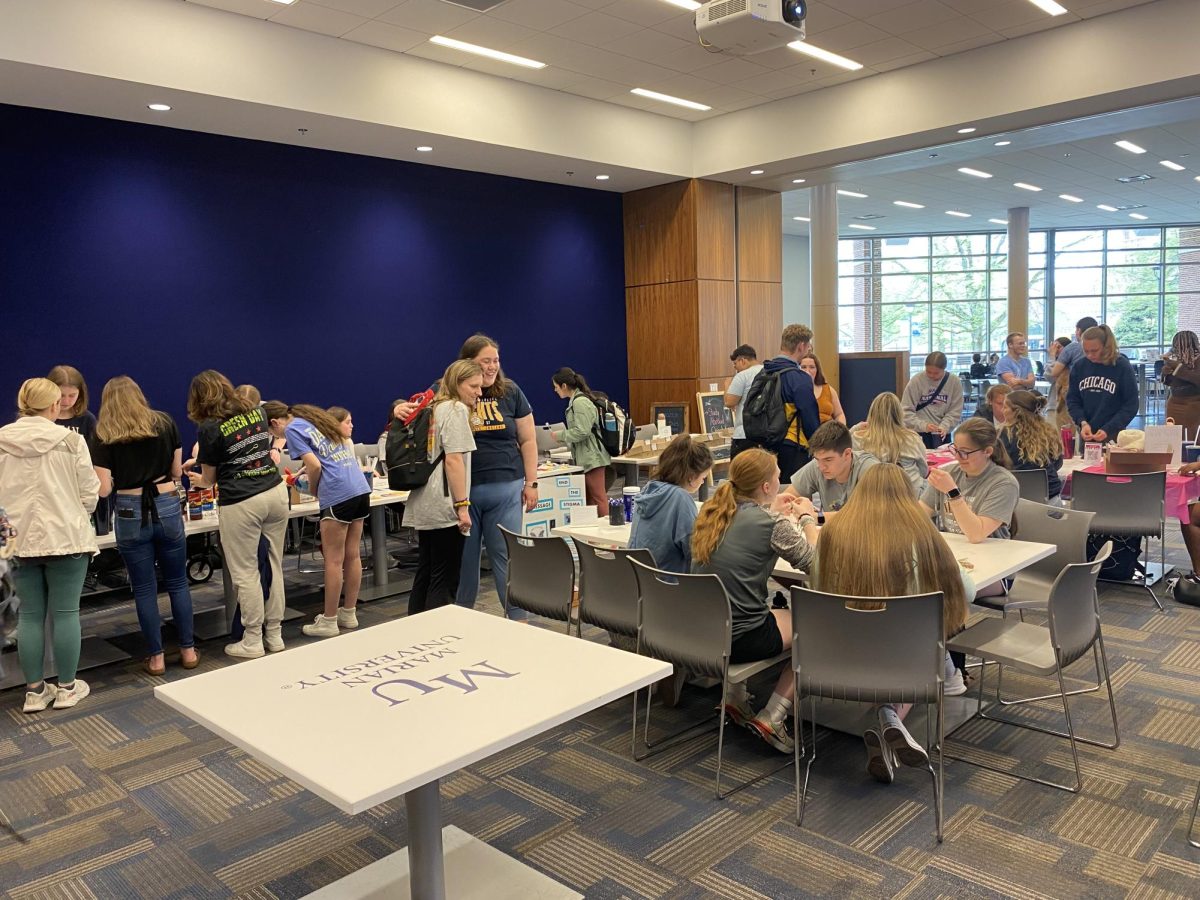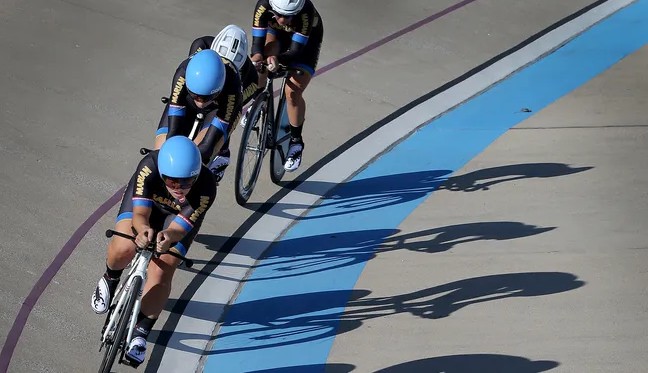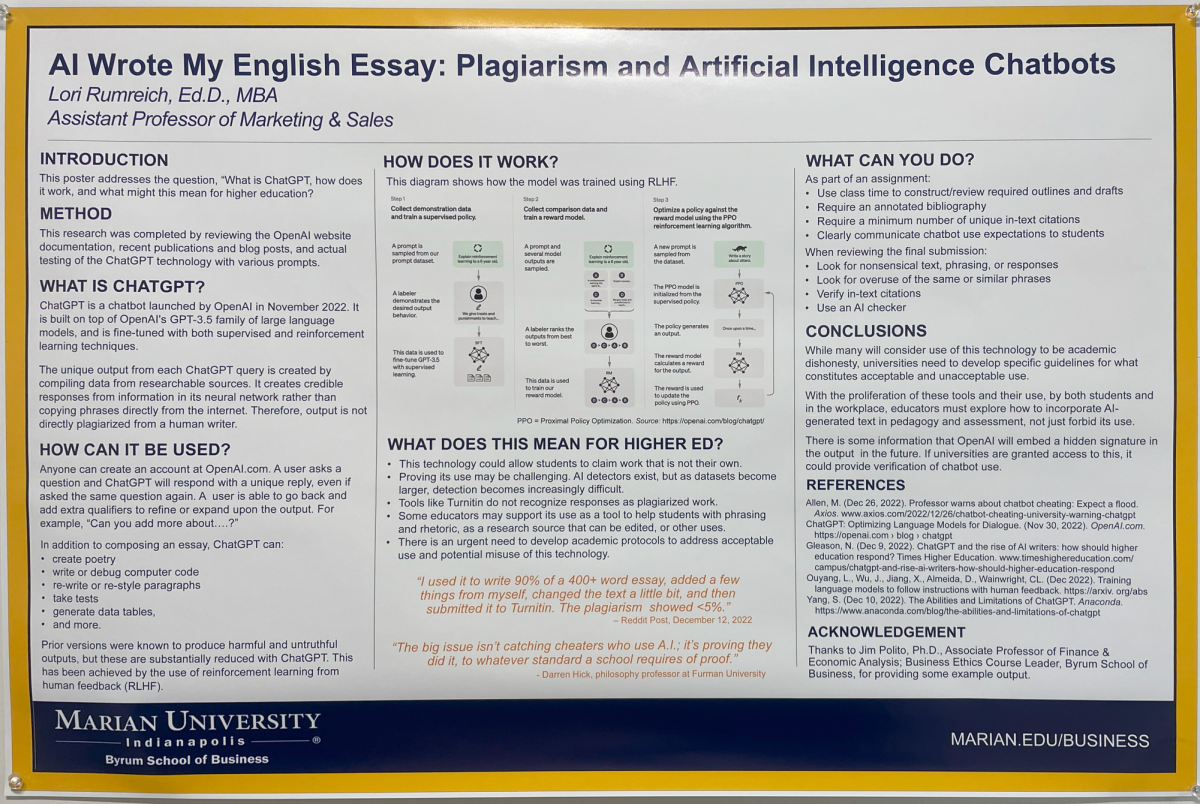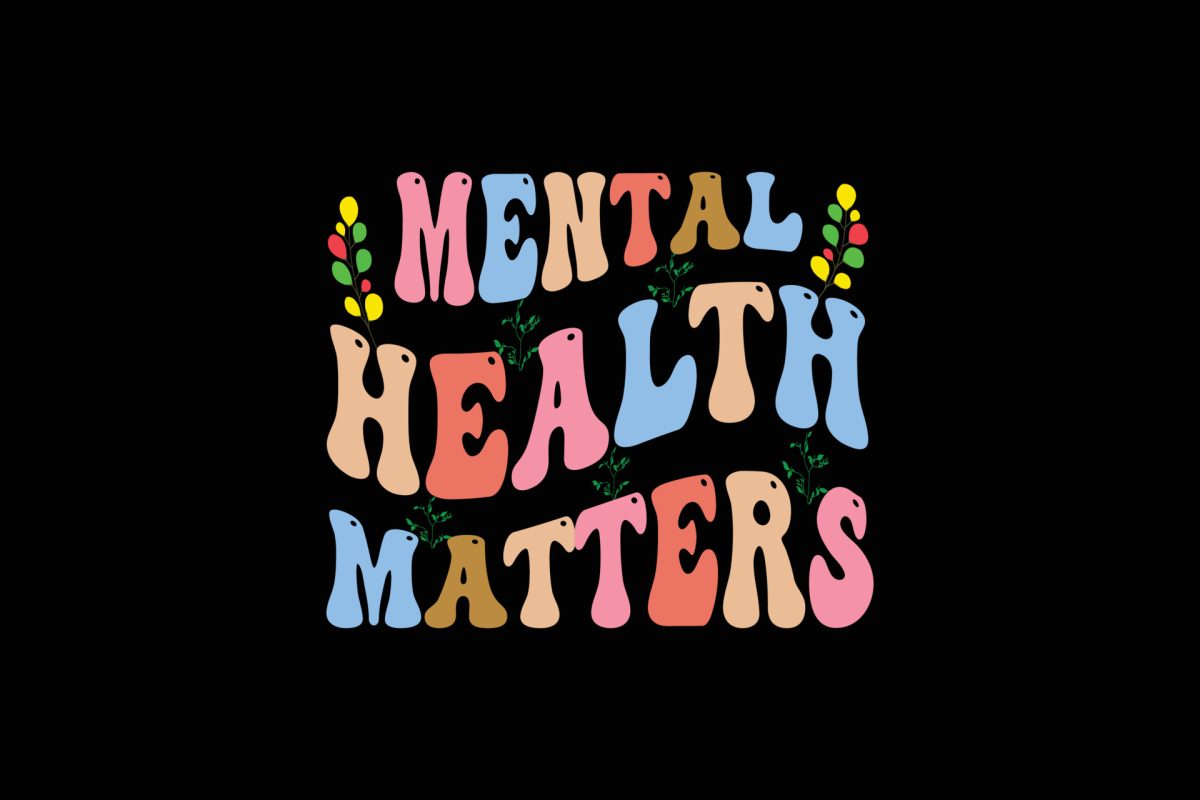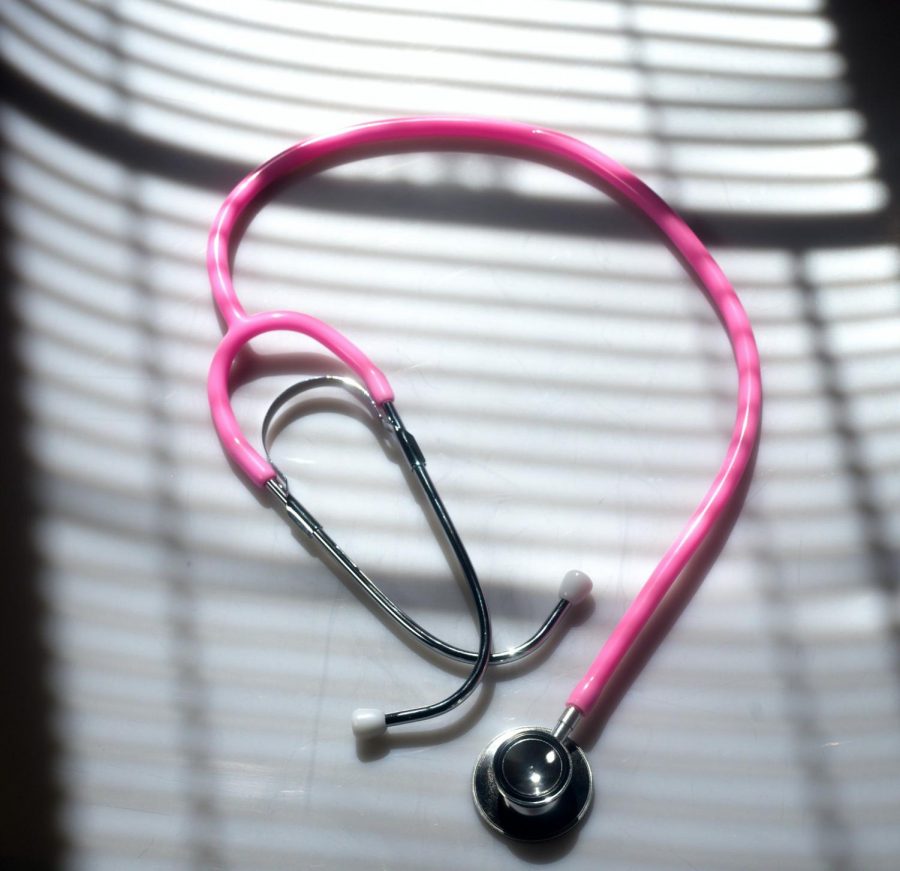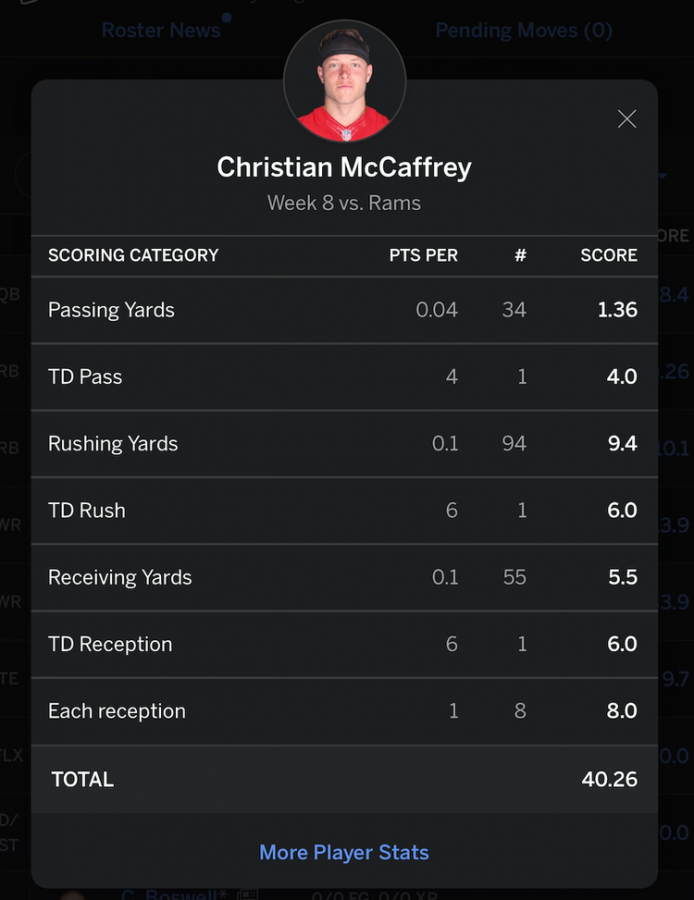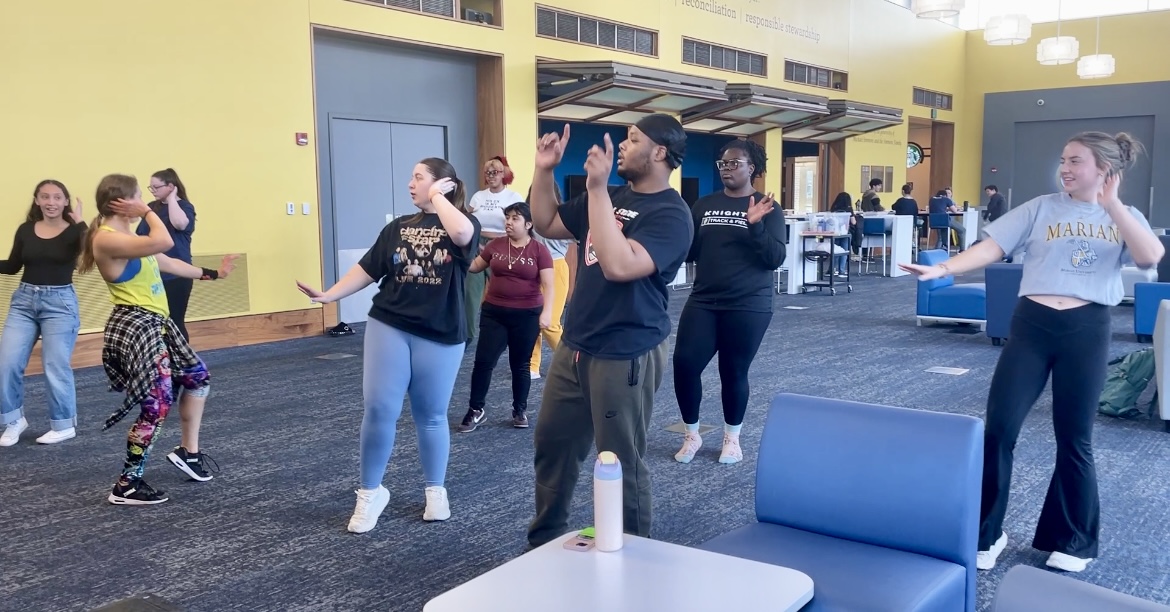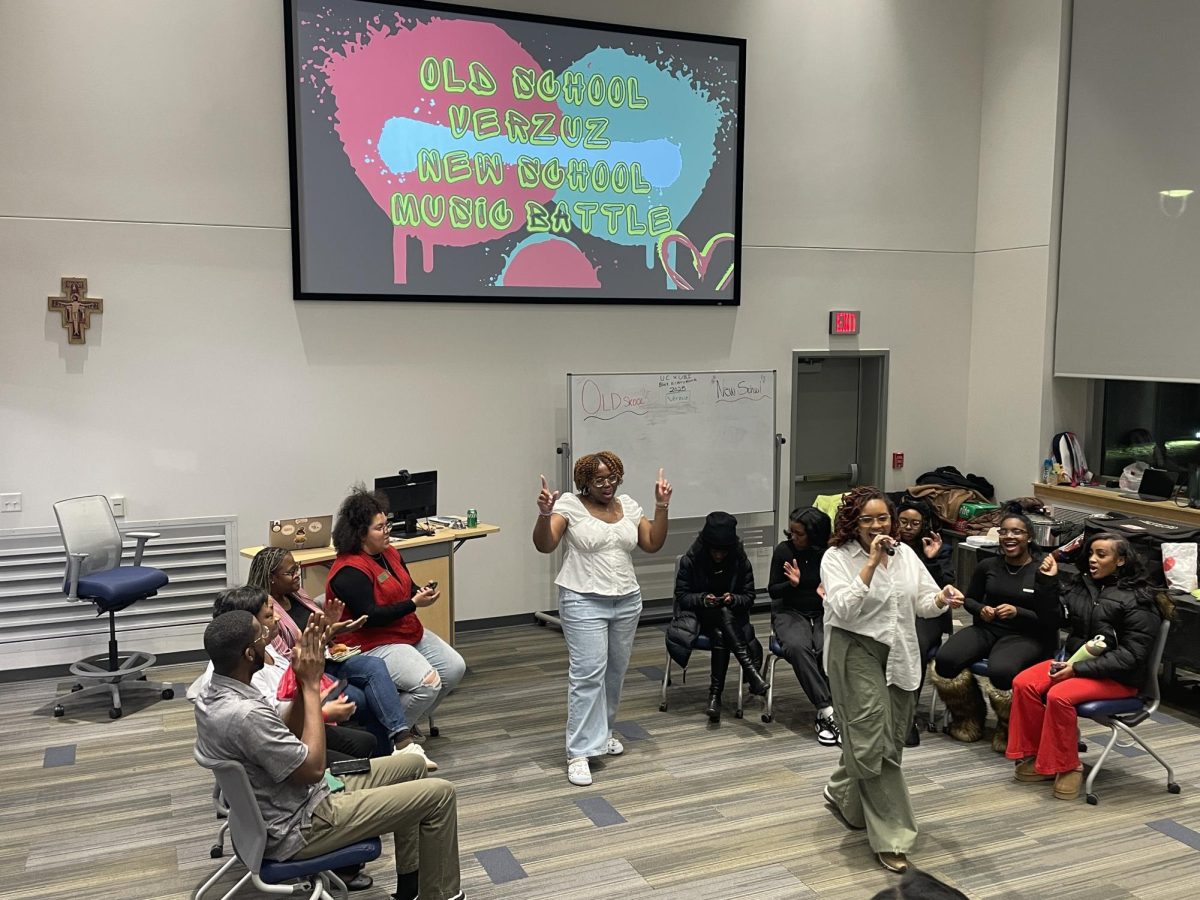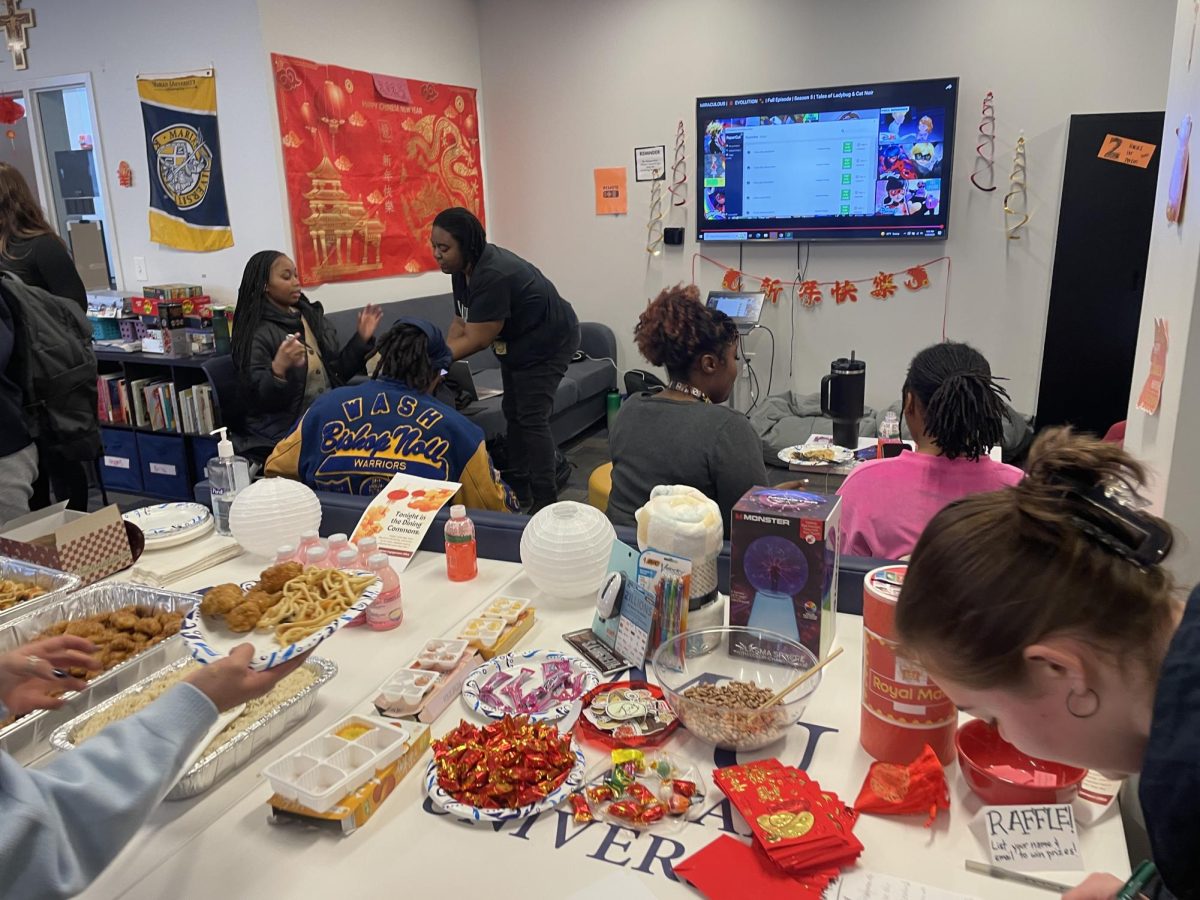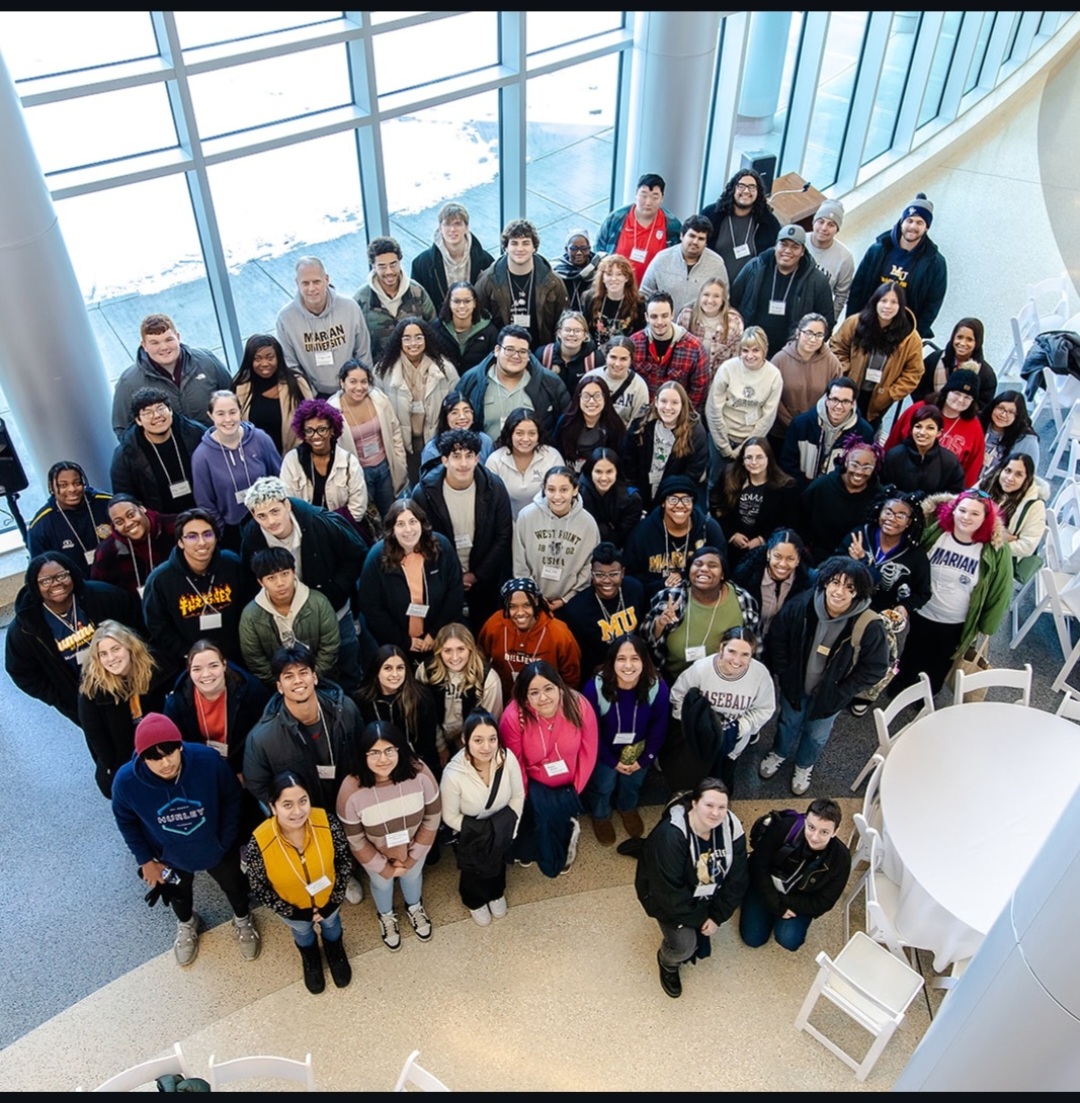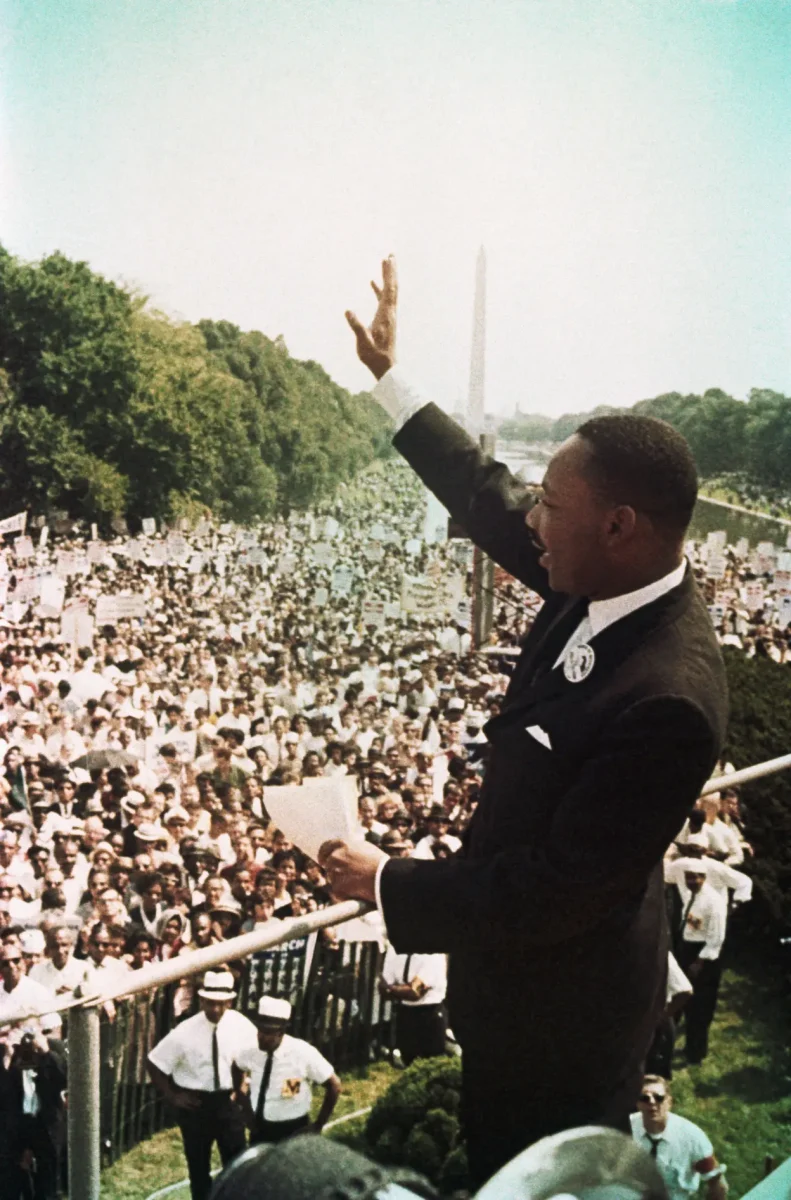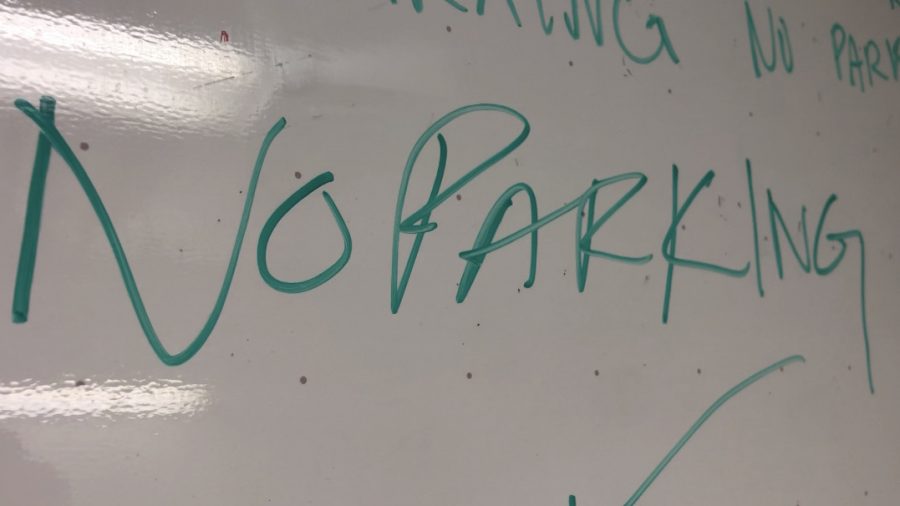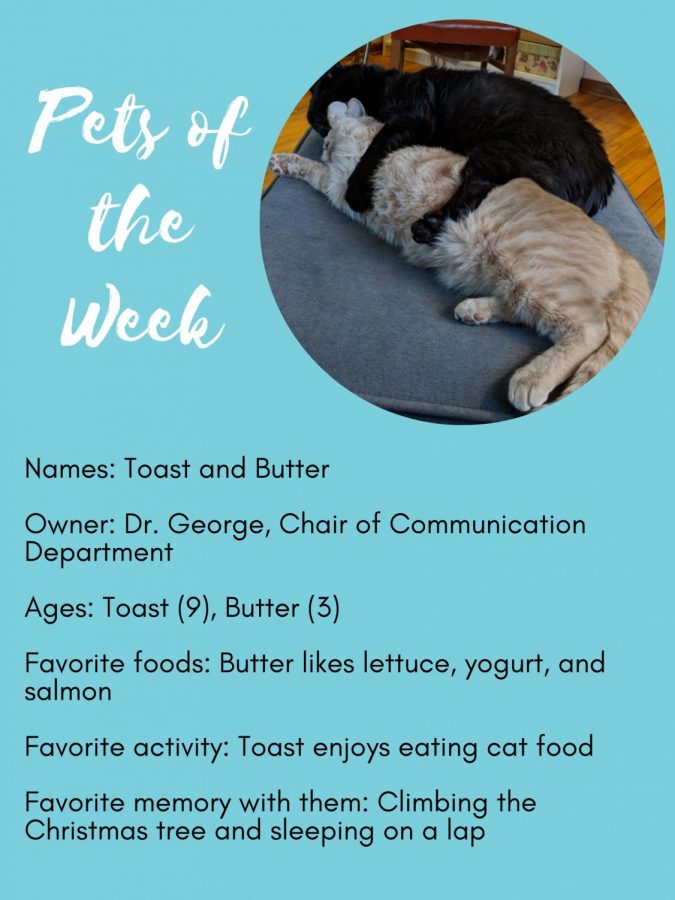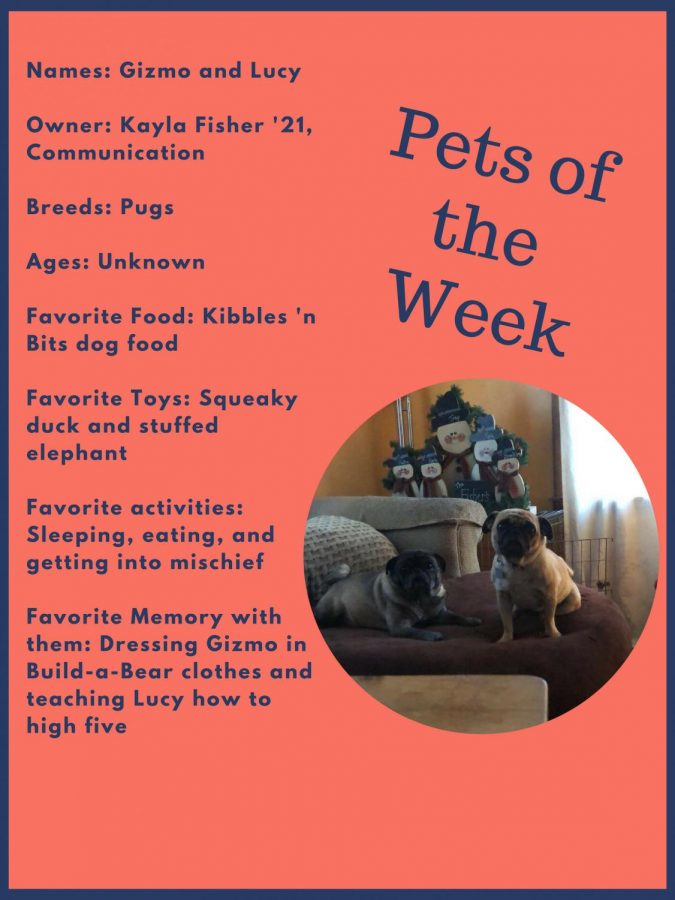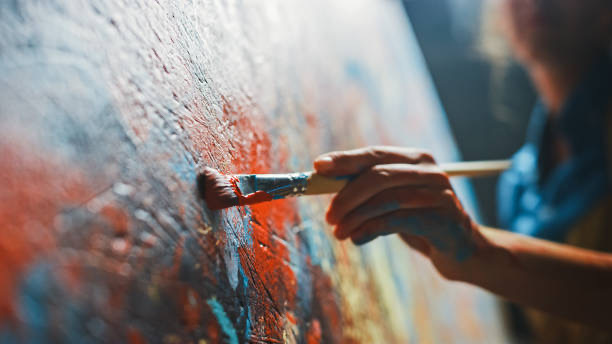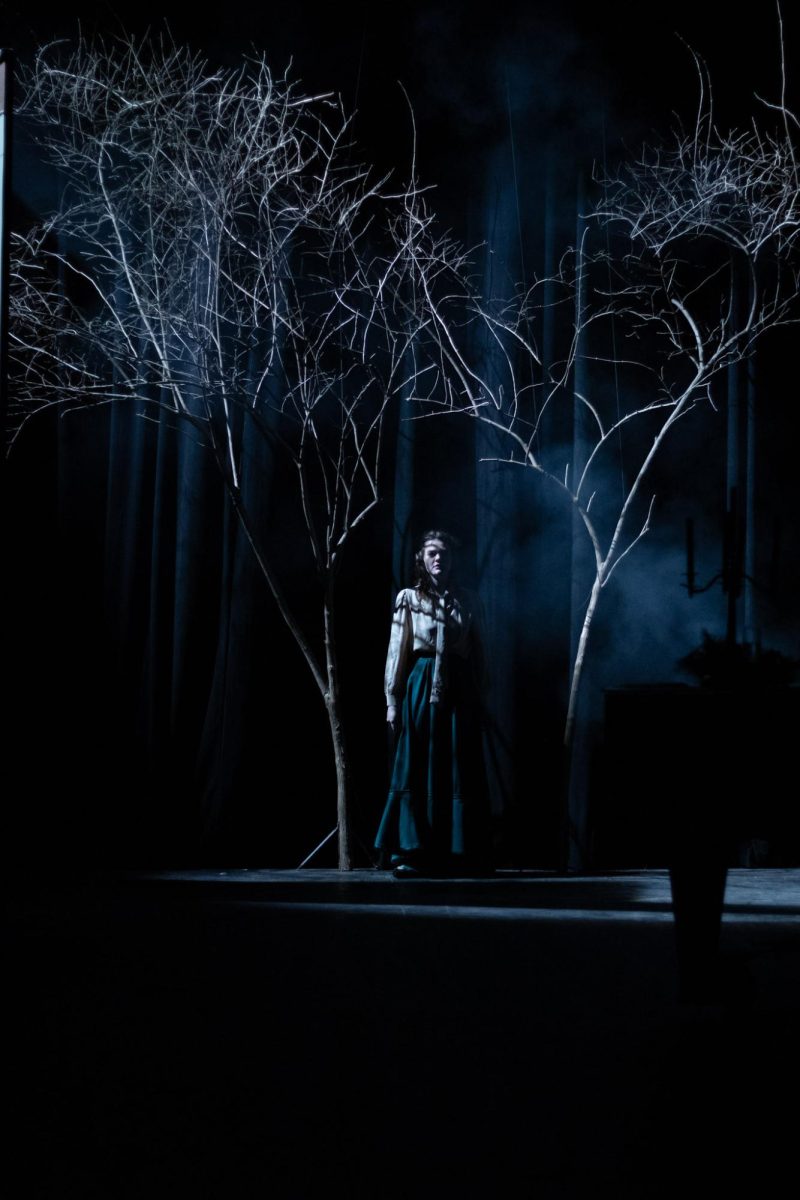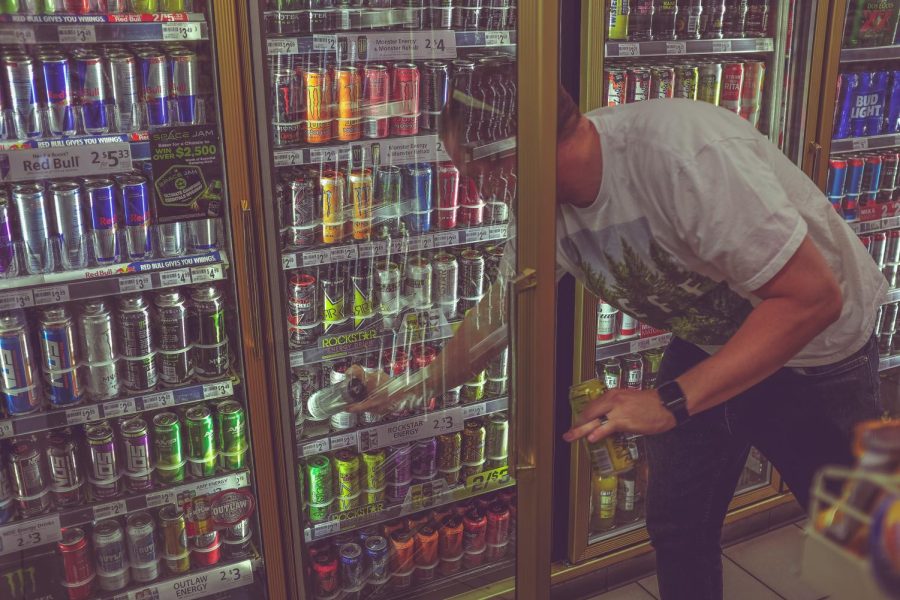College Students Describe Health Benefits and Dangers of Choosing Energy Drinks
April 1, 2022
Austin Anderson, a junior at Purdue University wants the best caffeine to get through his late-night study sessions. Majoring in Kinesiology, Austin works hard to balance school, health, and relationships. He stays busy while maintaining a high GPA.
Anderson began his caffeine high in the sixth grade with a cup of coffee. Over the years, the one cup turned into many, and it heavily affected him during his first few years of high school. He then became interested in BANG Energy drinks. These drinks give more caffeine than coffee with 300+ mg of caffeine per can. BANG is his favorite, but he has also shown interest in Reign and Celsius energy drinks. When looking for his drink of choice, taste and health benefits are extremely important to him. If he has late-night studying, he will most likely choose the drink that has the most caffeine and doesn’t give him a headache or a sugar crash. Being an avid tea and coffee drinker to this day, he still chooses energy drinks due to the taste and caffeine level. BANG is his first choice, because of their zero sugar and high level of caffeine content.
Although energy drinks can help a study session, it is important to be aware of the health dangers. Anderson describes his high school life of consuming 600+ mg of caffeine per day, which led him down a path of no sleep and headaches.
Anderson said, “You can’t supplement energy without there being a cost.”
He suggests college students or anyone consuming caffeine should try and find energy elsewhere– including getting 7-8 hours of sleep and fueling the body with nutritious foods.
Although Anderson had an early start to his caffeine journey, Jenna Davis, a senior at the University of Southern Indiana, didn’t consume caffeine until she was a freshman in college. While she was working hard to get into the Nursing Program, Davis quickly realized during her first year of college that caffeine was a must.
Having a background in gymnastics, Davis never had a kick for caffeine, until she joined her local college CrossFit gym. CrossFit is a form of movement that involves constantly varied functional training performed at high intensity. When looking for an energy drink, she focuses on both the health benefits and the taste. Her top three favorite drinks to fuel her day are coffee and energy drinks like Noco and Alani Nu.
Like Anderson’s favoritism for BANG’s zero sugar, Noco is known for a clean and no carb drink. When choosing her drink, Davis typically looks for ingredients that are easy to read, because some drinks can cause chemical imbalances within the body. Although she uses energy drinks to help survive her long college days, she knows the risk that comes with it. She’s seen first-hand the negative effects of caffeine such as irritating the heart and leading to a heart attack or even heart failure.
“Don’t become reliant on energy drinks,” Davis said.
Davis’s 180 mg of caffeine-filled Noco keeps her on the go throughout the day, but she knows that it isn’t always the best option. She usually consumes one source of caffeine throughout the day, but mostly relies on a good night’s rest. According to the Reize Club, an online source that reviews energy drinks, these drinks can save you money but with potential weight gain and even insomnia as a consequence. College students tend to have long brutal nights and despite the energy drinks that keep them wired, Anderson and Davis recommend sleep to be the top source for energy. While there are numerous benefits related to energy drinks, this form of energy is not the only way to stay wired. Receiving adequate sleep and fueling your body with nutritious foods will give you the best source of energy.

